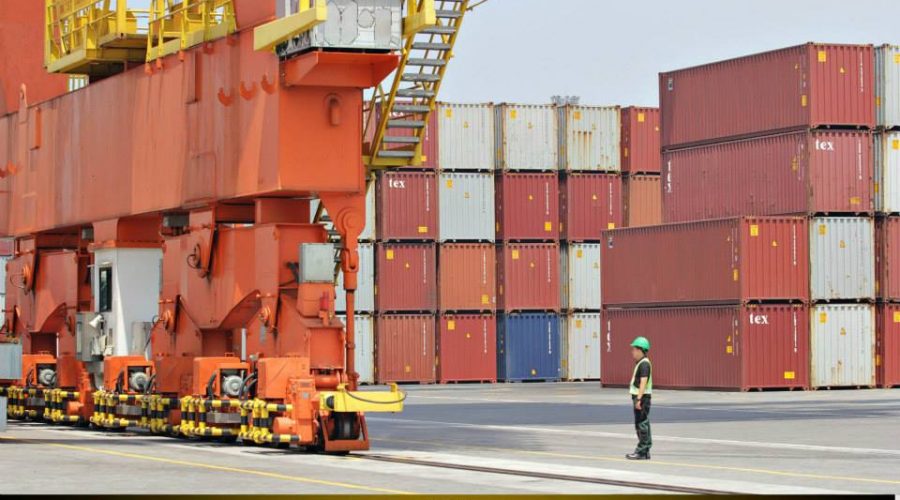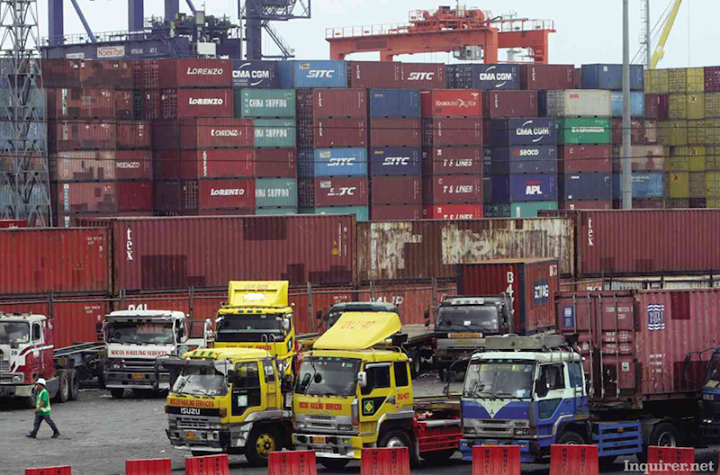Bam: Ingatan ang padala ng mga OFW, iwasan ang port congestion
Senator Bam Aquino called on concerned government agencies and private stakeholders to work together to prevent congestion in the Port of Manila to avoid delays in the arrival of products and packages, especially from overseas Filipino workers (OFWs) to their loved ones.
“Maraming pamilya ang nag-aabang ng mga padala mula sa minamahal nilang OFWs ngayong panahon ng kapaskuhan. Sayang naman kung mabubulok lang ito sa ating mga pantalan kapag may congestion,” said Sen. Bam.
Sen. Bam made the call after an official of the Department of Transportation warned that port congestion may occur with the influx of goods and products from other countries as Christmas season approaches.
“If you remember, two years ago the port congestion was a big headache for Filipinos in Metro Manila – delivery of goods was delayed, cargo trucks caused traffic, and balikbayan boxes remained stranded in the port. We were able to solve the problem then, but we must guard against another port congestion,” the senator stressed.
During his term as chairman of the Committee on Trade, Commerce and Entrepreneurship in the 16th Congress, Sen. Bam initiated a probe on the congestion that occurred at the Port ofManila two years ago.
After bringing government agencies and private stakeholders in one table, the problem was ironed out after several months of investigation.
But Aquino said that the heavy volume of containers from September to December may revive the problem.
“Sa ngayon, maaaring normal ang operasyon at maluwag pa ang ating mga pantalan pero baka maulit ang port congestion sa pagdagsa ng mga kargamento sa huling bahagi ng taon. Kailangan na natin itong paghandaan ngayon pa lang,” added Sen. Bam.



Recent Comments